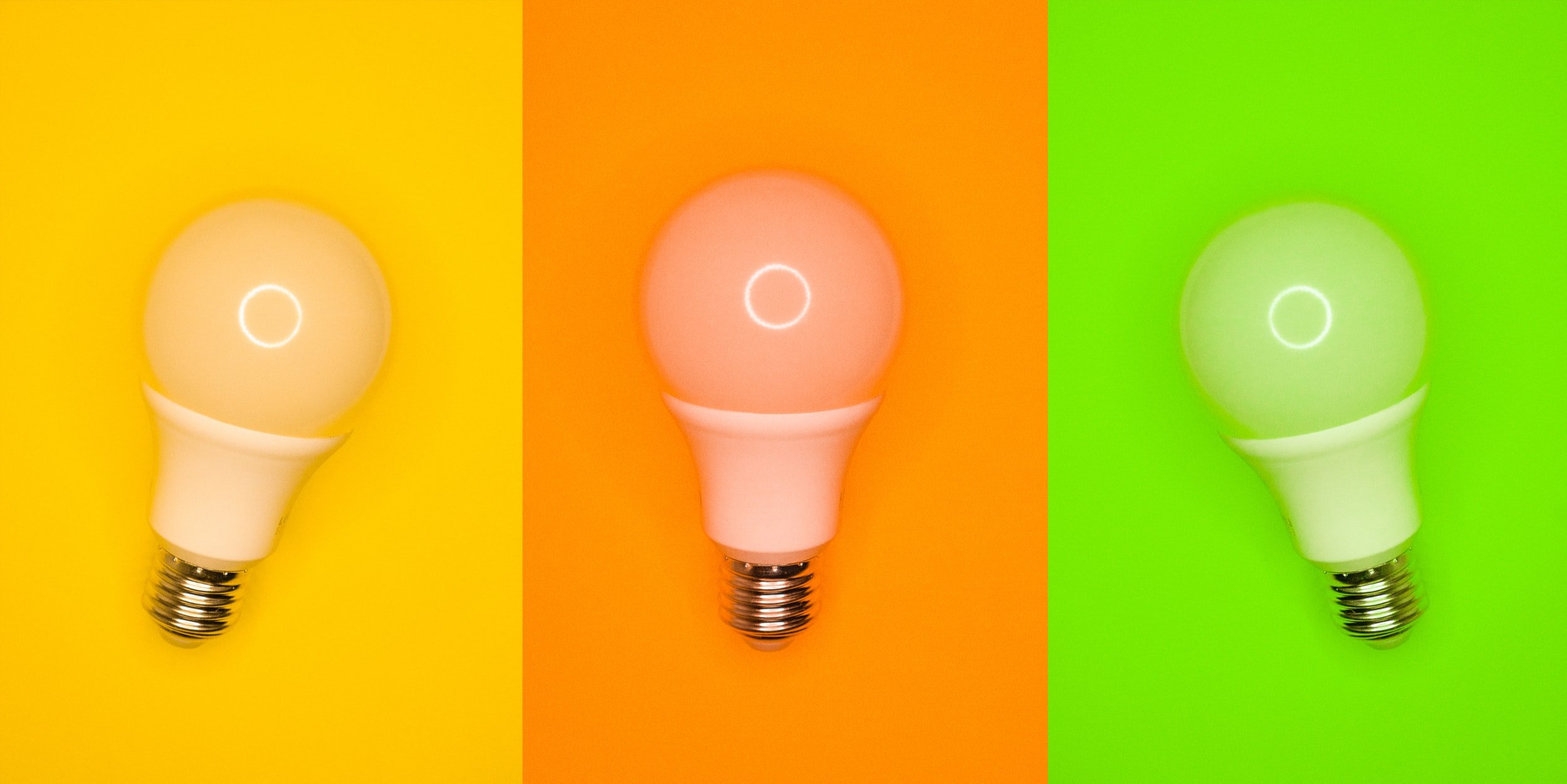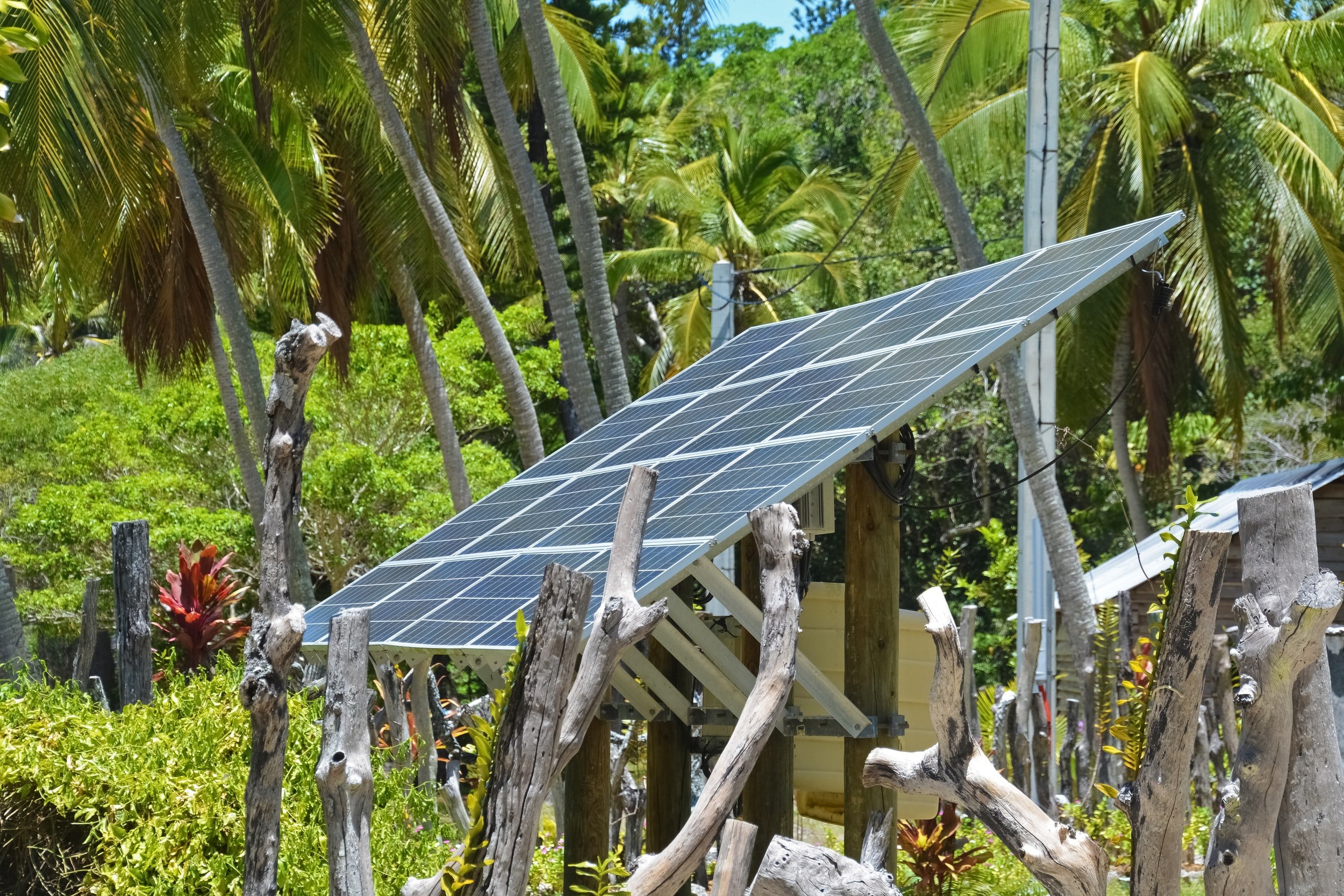Global Energy Shortage - Running On Empty
Winter is coming to the northern hemisphere at a time when coal, oil, and gas prices are sky high. We explore our reliance on energy and what this means when there is a shortage.
Written by Victoria Kent, Senior Investment Specialist
Photo by Markus Spiske on Unsplash
This information does not take into account your personal objectives, financial situation or needs. You should consider if the relevant investment is appropriate having regard to your own objectives, financial situation and needs.
A brief look at what’s causes the global energy shortage
It only takes a brief power outage to make us realise just how much we take our energy supply for granted.
During a blackout, you may feel a flash of concern for the items in your freezer, but apart from melted ice cream, the consequences are rarely dire.
In the candlelight, you remind yourself hospitals have back-up generators and the power will eventually come back on.
But for all of us to survive and prosper, we need continuous, affordable and reliable access to energy. Aside from powering our modern conveniences, this energy also powers the factories and businesses that keep us and our economies moving.
This begs the question: what if we couldn’t rely on our energy sources? Or what if they became so expensive and we were forced to ration ourselves?
It's a frightening thought but it could potentially become our reality.
You may have heard about global energy shortages which have the potential to upend the world’s economic recovery.
As this Bloomberg article explains, there is no single reason for the shortage:
"…things like customer demand, technical problems and a lack of investment are all playing a part".
And this is all happening at a time when "winter is coming" for the northern hemisphere.
Recently, the price of gas and coal has reached multi-year highs. Particularly in the UK, where wholesale prices have risen by 400-500%. The reasons for the price increases are varied – Brexit, Russia, and poor storage, just to name a few.
The UK's heavy reliance on gas leaves it particularly vulnerable to price shocks. Petrol and diesel shortages are damaging industries and upsetting locals, with the army on standby to help ease supply problems.
On the other side of the world, a different energy source is the culprit for energy supply issues. In China, where two-thirds of the nation’s power comes from coal-fired sources, energy shortages are impacting industrial activity. Some say shortages are so bad, China may be forced to lift the Australian coal ban.
But what has this got to do with our wee continent? Well, if COVID-19 has taught us anything; no country is an island.
In an interconnected world of global supply chains, we all feel pain when one of the big economies is hurting. This means Aussies could soon expect price hikes for some of our imported goods (in case life in a pandemic wasn't difficult enough).
‘Isn't it someone's job to watch over this stuff?’ you may be asking.
One of the 17 UN Sustainable Development Goals is SDG7: Affordable and Clean Energy. Its targets focus on universal access, renewable energy, energy efficiency and public finance.
Unfortunately, despite accelerated progress over the past decade, the world will fall short of ensuring universal access to affordable, reliable, sustainable, and modern energy by 2030 –unless efforts are scaled up significantly.
That's according to the Tracking SDG 7: The Energy Progress Report released in May by the International Energy Agency (IEA) the International Renewable Energy Agency (IRENA), the United Nations Statistics Division (UNSD), the World Bank, and the World Health Organization (WHO).
So, what can you do about it? Just like diversity in financial terms, a diversity of energy sources helps to spread the risk from overreliance on any one source, offering security and affordability.
Australia, and the world, need to continue its transition towards renewable energy sources to help protect supply.
While you may not have the ability to control our entire country's energy mix, you do have control over your own mix to a certain extent.
Sourcing your household energy from a variety of sources like solar, or having adequate battery storage can help secure your energy supply.
It may even stop your ice cream from melting in a blackout.




